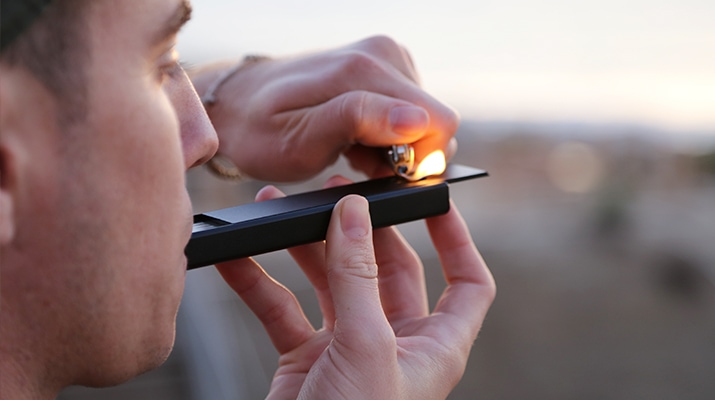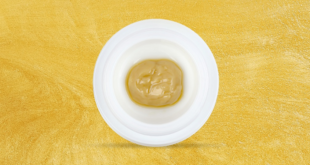
Neither the detection of THC in blood nor in breath is correlated with impairment of performance or recency of cannabis exposure, according to data published in the journal Nature Scientific Reports.
Scientists quantified THC levels in the blood and in the breath of regular cannabis consumers prior to smoking and thereafter. Researchers also assessed the duration of subjects’ impairment following inhalation.
Consistent with other studies, investigators reported that a majority of subjects possessed residual levels of THC in their blood (at levels of 5ng/ml or higher) at baseline. Authors acknowledged that THC was present in these subjects’ blood despite “the absence of any impairment.”
Following subjects’ inhalation of cannabis, authors identified an “inverse relationship” between THC blood levels and impairment of performance – a finding that is also consistent with prior research.
“They wrote, “These findings provide further evidence that single measurements of specific delta-9-THC blood concentrations do not correlate with impairment, and that the use of per se legal limits for delta-9-THC is not scientifically justifiable at the present time.”
NORML has long advocated against the imposition of THC blood thresholds as predictors of impairment, and per se traffic safety limits in particular, because they are not consistently correlated with changes in subjects’ performance. Alternatively, NORML has called for the expanded use of performance-based tests, like DRUID.
About a dozen US states have incorporated either per se or zero-tolerant per se standards into their traffic safety laws.
The study’s authors also identified the residual presence of THC in the breath of subjects at baseline, absent any signs of impairment. They determined, “Our findings are consistent with others who have shown that delta-9-THC can be detected in breath up to several days since last use. Because the leading technologies for breath-based testing for recent cannabis use rely solely on the detection of delta-9-THC, this could potentially result in false positive test outcomes due to the presence of delta-9-THC in breath outside of the impairment window.”
They concluded, “[W]e present further evidence that single measurements of delta-9-THC in blood cannot establish impairment [and] that single measurements of delta-9-THC in exhaled breath likewise do not correlate with impairment.”
 AZ Marijuana Arizona Marijuana Info
AZ Marijuana Arizona Marijuana Info






